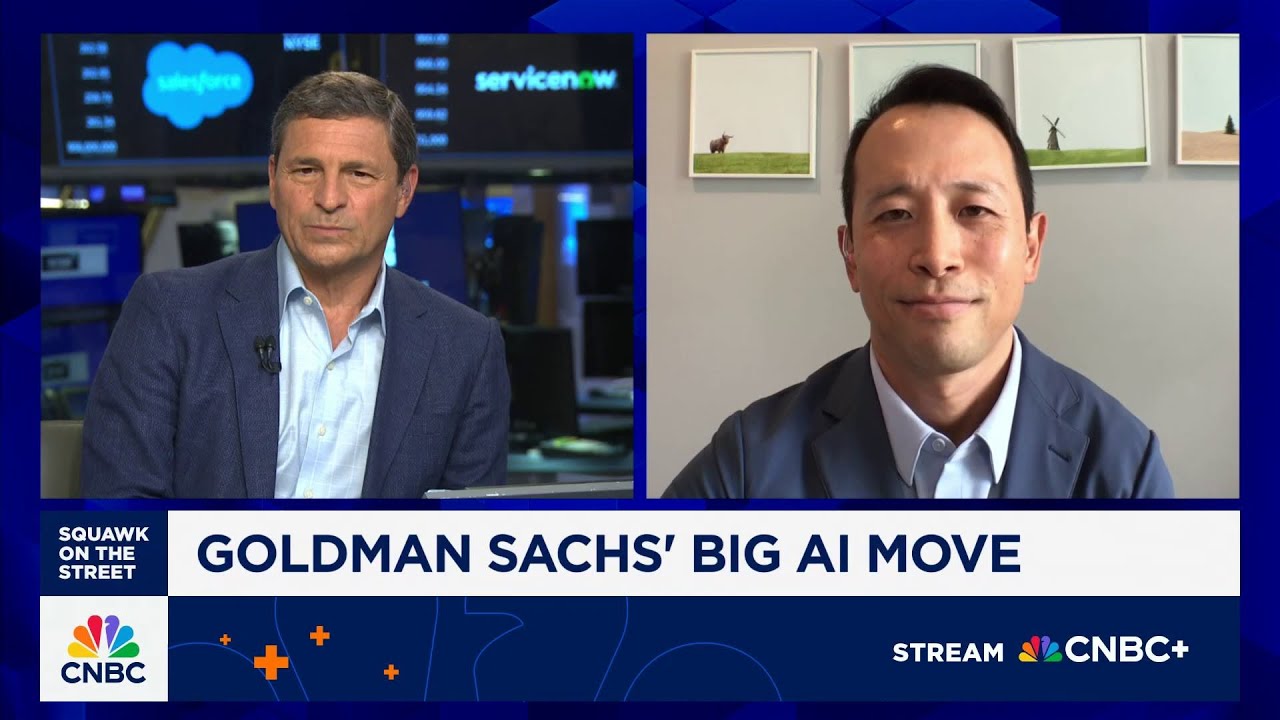Goldman Sachs is piloting an autonomous coding AI called Devin, developed by startup Cognition, which can independently manage the entire software development process, marking a major advancement in AI productivity on Wall Street. While this innovation promises significant efficiency gains, it also raises concerns about potential job reductions in the tech and finance sectors as AI increasingly augments or replaces human labor.
Goldman Sachs is piloting an autonomous coding program developed by a startup called Cognition, marking a significant milestone in AI adoption on Wall Street. Unlike traditional AI tools like ChatGPT that assist software engineers by completing or debugging code, Cognition’s autonomous software developer, named Devin, can independently handle the entire software development process. Devin can receive a prompt, create a plan, write the code, test it, debug it, and deliver the completed project without human intervention, showcasing a leap forward in AI productivity.
This innovation represents a broader experiment in productivity enhancement through AI, with many organizations exploring how far these technologies can be pushed. Cognition, which emerged about a year ago, has quickly gained attention and achieved a valuation of $4 billion within 18 months, reflecting strong market confidence in its autonomous coding capabilities. Goldman Sachs’ adoption of Devin signals a willingness among major financial institutions to integrate cutting-edge AI tools into their workflows.
A key concern surrounding this development is the potential impact on employment within the tech and finance sectors. With Goldman Sachs employing around 12,000 software engineers, the introduction of AI programs that can triple productivity raises questions about whether the same output can be maintained with fewer human workers. While initially, the AI is expected to augment human productivity, there is an underlying possibility of job reductions as the technology matures and becomes more widespread.
Industry leaders, including executives from companies like Salesforce, have acknowledged the likelihood of workforce contractions due to AI-driven efficiencies. The conversation is shifting towards how organizations will manage headcount and compensation per employee in an environment where AI can significantly boost output. This reflects a broader trend of balancing technological advancement with workforce implications across various sectors.
Overall, Goldman Sachs’ pilot of an autonomous coder exemplifies the transformative potential of AI in complex, high-stakes industries like finance. It highlights both the opportunities for increased efficiency and the challenges related to workforce management. As AI continues to evolve, firms will need to navigate these changes carefully, ensuring that human oversight remains while leveraging the productivity gains offered by autonomous technologies.
